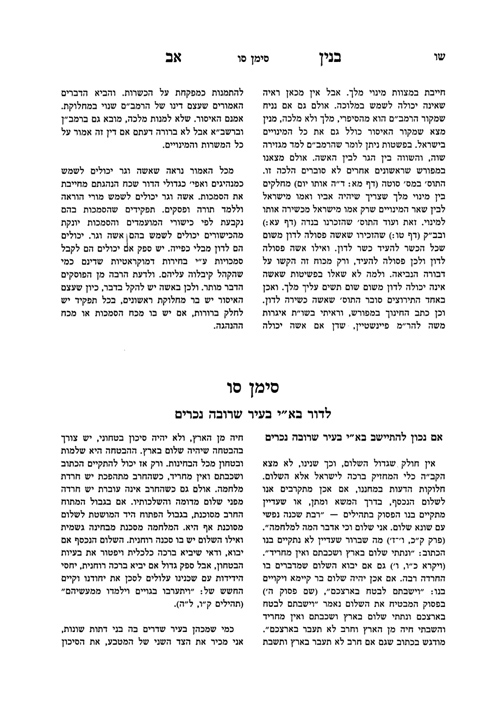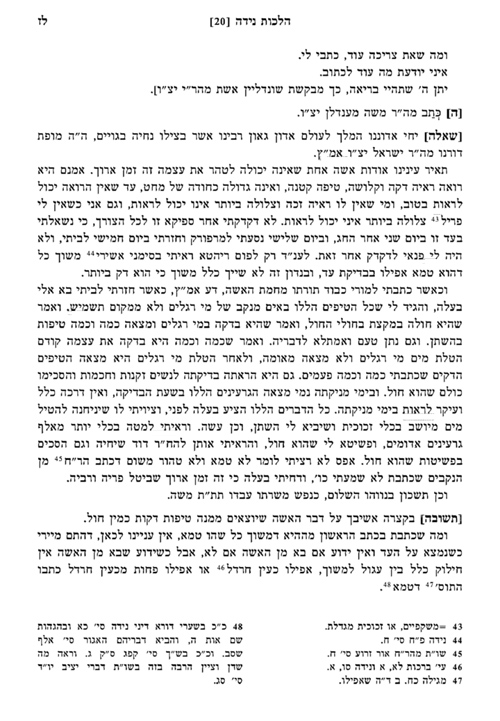* I attended today’s [Trump] event at Fountain Hills, first time ever at a political rally.
I was impressed by how many young people there were. Nice small talk in the crowd, joking a bit about the protesters who blocked the road for half an hour. Most of us had already been there for hours. There was a little crowd of protesters circling around behind a few fences, but they didn’t seem very organized. Some chants and banter back and forth, but nobody was really getting under anybody’s skin.
Maybe it was wild in Tucson, but you’d have to use some creative camera angles to make it look bad. Arizona is pretty laid-back, I’d say. Fair weather fans kind of thing.
You couldn’t buy an official hat or campaign gear. Volunteers explained that the real ones are expensive and too hard to keep in stock, being made in America. Sad!
The volunteers who explained the hat shortage were two teenage kids handing out bumper stickers, so I don’t know if it’s the official story.
But here you have a genius business man who’s had 12 months to figure out how to source these things, and I had to buy a hat from a Bulgarian lady on the side of the road.
For the record, I like Donald a lot. Also for the record, the crowd was diverse for Arizona, and I stood next to a black university student at the rally. Behind me were four girls who were pretty obviously there to protest (believe me it was obvious). People were nice and gave them water. Then, a few minutes into the speech, they did their thing and were escorted to the gate. Trump didn’t flinch. I honestly expected more vitriol.
It was a short speech, but he used one line I hadn’t heard before, something to the effect of “For a while anyway, I’m the kinda guy we need. For a while is all I’m saying.”
He’s giving people a good excuse: “In 2020 or 2024 we can go back to voting for sober statesmen types, but, desperate times. . . just for a while, maybe we could use a bit of this east coast bull in a china shop type thing.”
* I call that the Diminishing Marginal Utility theory. Trump’s way of saying that is a lot more comprehensible.
* What irks me is that the Left is unable to protest without infringing upon other’s rights. By blocking that road, those protesters where preventing people from using public roads. Additionally had an ambulance been trying to transport someone to the hospital, it would have been prevented which could have had catastrophic results. Additionally the initial roadblock could have resulted in accidents as high speed vehicles would have had to come to an unexpected stop. Their protest put people’s lives in danger. Yet they are never held to account for this.
* Trump said something very similar back in Clear Lake, IA during that now infamous takedown of Ben Carson the day before the Paris Attacks. He even expanded on it slightly, dabbling, you might dare say in a bit of political philosophy. Quoting from memory:
“Hillary said she doesn’t like my tone. Jeb said the same thing. I tell you what, don’t worry about it folks. We can go back to the guys with the nice easy tone later but let me straighten things out first and then I promise I’ll leave you alone. And then you’ll go and blow it all for the next 20 years and you’ll get someone else like me in there again.”
* We were in Tucson, on the floor in front of the podium. The whole rally was very last minute – announced the day before. There was, weirdly, an anime convention also at the Tucson Convention Center, so there were some cos-players milling about. Made for some interesting pics.
The protesters were marching around and beating drums, but we got there early before they really got going. By the time we went through security they were outside the doors screaming “Shut it down.” The crowd was for the most part low-key, and you could definitely tell who the protesters were going to be. There were two punk-rock dressed girls with a folded up sign that were standing off to one side on the floor. After Trump got to the stage they started waving their sign, and a huge veteran (he raised his hand when one of the speakers before Trump asked how many vets there were) ripped the sign out of their hands and kept it.
There were a bunch of protesters seated behind the podium with anti-Trump / BLM signs that refused to leave for a long time, but overall the police/security were good about getting them out of there. The biggest thing was of course the one protester getting beaten pretty bad by a black man in the audience. He and his female counterpart were on the floor near us, and the guy looked very nervous before they started doing their protesting. The girl put on a KKK cap and was wearing it while they were escorted out. Some are saying the black guy might have been a false flag, but Tucson’s (small) black population is largely military, so I wouldn’t be surprised if he was a real Trump supporter. Most of the people selling Trump swag outside were black, weirdly.
Towards the end of the speech Trump brought a latina on stage who had a “Latinos for Trump” sign, which everybody loved. After the speech was over we went out the back entrance, and the protests near the front entrance wen ton for a long time. A lot of Native people and Latinos, as well as whites, but for the most part the Trump supporters ignored them as they left – no scuffles that we could see. Very different environment than Chicago.
* When it came to his healthcare plan, one thing Obama didn’t want to talk about was tort reform. Of course, the trial lawyers are one of the biggest pro-Democrat lobbies. Maybe with a president who’s not beholden to them we could get tort reform?








